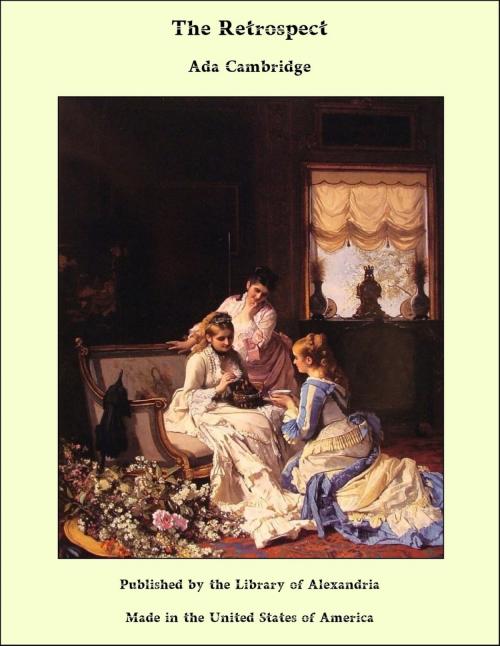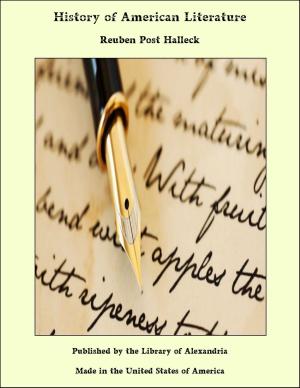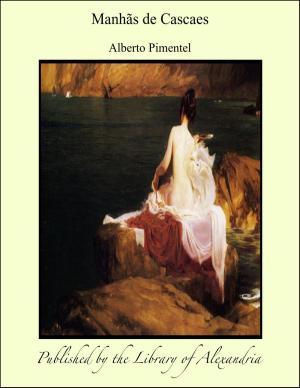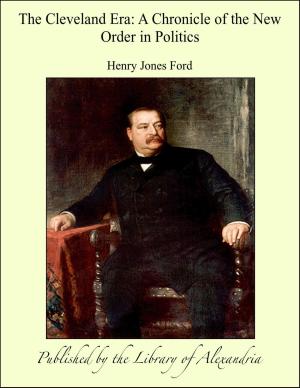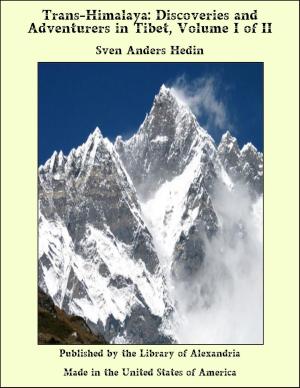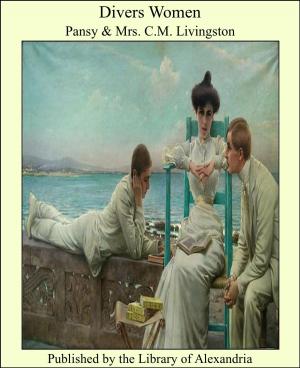| Author: | Ada Cambridge | ISBN: | 9781465605863 |
| Publisher: | Library of Alexandria | Publication: | March 8, 2015 |
| Imprint: | Language: | English |
| Author: | Ada Cambridge |
| ISBN: | 9781465605863 |
| Publisher: | Library of Alexandria |
| Publication: | March 8, 2015 |
| Imprint: | |
| Language: | English |
There was a gap of thirty-eight years, almost to a day, between my departure from England (1870), a five-weeks-old young bride, and my return thither (1908), an old woman. And for about seven-eighths of that long time in Australia, while succeeding very well in making the best of things, I was never without a subconscious sense of exile, a chronic nostalgia, that could hardly bear the sight of a homeward-bound ship. This often-tantalised but ever-unappeased desire to be back in my native land wore the air of a secret sorrow gently shadowing an otherwise happy life, while in point of fact it was a considerable source of happiness in itself, as I now perceive. For where would be the interest and inspiration of life without something to want that you cannot get, but that it is open to you to try for? I tried hard to bridge the distance to my goal for over thirty years, working, planning, failing, starting again, building a thousand air-castles, more or less, and seeing them burst like soap-bubbles as soon as they began to materialise; then I gave up. The children had grown too old to be taken; moreover, they had attained to wills of their own and did not wish to go. One had fallen to the scythe of the indiscriminate Reaper, and that immense loss dwindled all other losses to nothing at all. I cared no more where I lived, so long as the rest were with me. In England my father and mother, who had so longed for me, as I for them, were in their graves; no old home was left to go back to. I was myself a grandmother, in spite of kindly and even vehement assurances that I did not look it; more than that, I could have been a great-grandmother without violating the laws of nature. At any rate, I felt that I was past the age for enterprises. It was too late now, I concluded, and so what was the use of fussing any more? In short, I sat down to content myself with the inevitable. I was doing it. I had been doing it for several years. The time had come when I could look out of window any Tuesday morning, watch a homeward-bound mail-boat put her nose to sea, and turn from the spectacle without a pang. The business of building air-castles flourished, as of yore, but their bases now rested on Australian soil. What was left of the future was all planned out, satisfactorily, even delightfully, and England was not in it.
There was a gap of thirty-eight years, almost to a day, between my departure from England (1870), a five-weeks-old young bride, and my return thither (1908), an old woman. And for about seven-eighths of that long time in Australia, while succeeding very well in making the best of things, I was never without a subconscious sense of exile, a chronic nostalgia, that could hardly bear the sight of a homeward-bound ship. This often-tantalised but ever-unappeased desire to be back in my native land wore the air of a secret sorrow gently shadowing an otherwise happy life, while in point of fact it was a considerable source of happiness in itself, as I now perceive. For where would be the interest and inspiration of life without something to want that you cannot get, but that it is open to you to try for? I tried hard to bridge the distance to my goal for over thirty years, working, planning, failing, starting again, building a thousand air-castles, more or less, and seeing them burst like soap-bubbles as soon as they began to materialise; then I gave up. The children had grown too old to be taken; moreover, they had attained to wills of their own and did not wish to go. One had fallen to the scythe of the indiscriminate Reaper, and that immense loss dwindled all other losses to nothing at all. I cared no more where I lived, so long as the rest were with me. In England my father and mother, who had so longed for me, as I for them, were in their graves; no old home was left to go back to. I was myself a grandmother, in spite of kindly and even vehement assurances that I did not look it; more than that, I could have been a great-grandmother without violating the laws of nature. At any rate, I felt that I was past the age for enterprises. It was too late now, I concluded, and so what was the use of fussing any more? In short, I sat down to content myself with the inevitable. I was doing it. I had been doing it for several years. The time had come when I could look out of window any Tuesday morning, watch a homeward-bound mail-boat put her nose to sea, and turn from the spectacle without a pang. The business of building air-castles flourished, as of yore, but their bases now rested on Australian soil. What was left of the future was all planned out, satisfactorily, even delightfully, and England was not in it.
